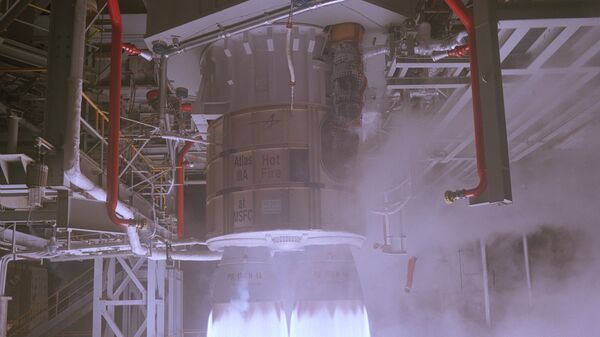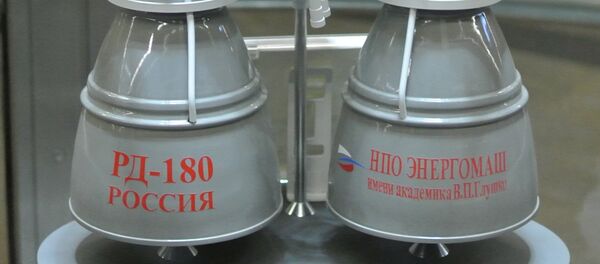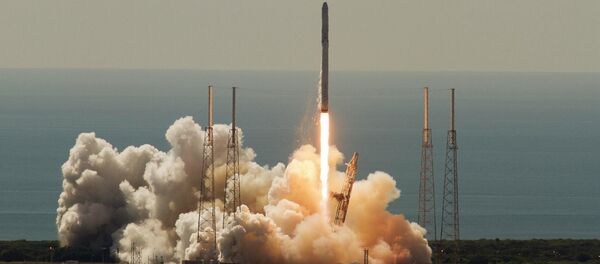“What Elon Musk and his team did is a real breakthrough. The Soviet Union planned to use the same technology on the Energia booster, but the project was eventually scrapped due to a lack of funding,” Katorgin said.
He added that even though the cost of SpaceX boosters remains prohibitively high, they will eventually cost less to build and a switch from expendable rockets to reusable ones will ultimately make spaceflight cheaper.
“These will differ from the projects we had 25 and 30 years ago, of course, and will be based on the very latest technology available today. However, with enough specialists and funding it would take us four years tops to have the job done.”
He added that even after Americans design their own heavy rocket engine to replace the RD-180s they have been buying from Russia since the 1990, Russia would keep using them on its heavy and even super-heavy launch vehicles.
“Our main advantage [over the Americans] is that we already have a successfully working rocket engine, which is the best around and will remain so in the foreseeable future,” Katorgin emphasized.
He added that Russia is currently developing the Angara-A5V super-heavy rocket with an eye to ensuring the country’s information security, promoting scientific research and space exploration “beyond orbits we now reach.”
He said that a super-heavy rocket is also needed to clean up the geostationary orbit of space junk and prevent asteroid threats.
When asked about the need for a methane-powered rocket engine now being developed by the Energomash Association and SpaceX, Boris Katorgin said that Energomash was experimenting with methane decades ago and in the late 1990s it even designed a methane-powered booster.
“Unfortunately, a lack of funding forced us to put it off till a later time,” he added.
Meanwhile, the United Launch Alliance (ULA), a joint venture of Lockheed Martin Space Systems and Boeing Defense, Space & Security, has placed an order for 11 RD-180 rocket engines and plans to buy more in the future.
The US space program currently relies on Russian-made RD-180 rocket engines to power the booster rockets that carry its astronauts up to the International Space Station (ISS).
Private companies, including SpaceX and Blue Origin, are developing rocket engines that could be used by the Pentagon in the future.
In 2014, the US Congress strictly limited future purchases of Russian RD-180 engines at a time when it imposed economic sanctions on Russia.
Legislators passed a law requiring the United States to develop a domestically produced next-generation rocket propulsion system by 2019 so as not to rely on the RD-180s.
However, in December 2015, the US Congress passed a budget that includes a provision allowing the country to continue buying the Russian RD-180 rocket engines.
Never miss a story again — sign up to our Telegram channel and we'll keep you up to speed!




